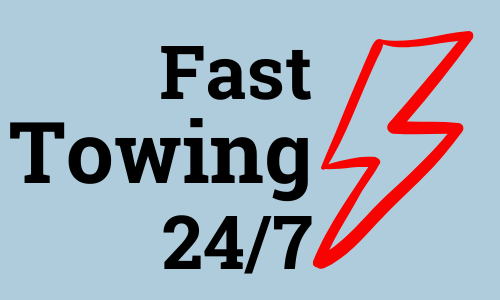Connecticut looks to pass strict big truck emissions standards modeled after California's
A wide-ranging bill aimed at reducing vehicle emissions in Connecticut, including the likely adoption of California’s clean air standards for certain trucks and a requirement that all school buses be emission-free by 2040, was advanced Friday to Gov. Ned Lamont’s desk.
The party-line 95-52 vote in the Democratic controlled House of Representatives comes days after the General Assembly passed legislation that officially sets a target of 2040 for having a carbon-free electricity supply. The vehicle emissions bill previously cleared the Senate, which is also controlled by Democrats.
“The science hasn’t always been as clear as it is now,” said Rep. Roland Lamar, D-New Haven, a Transportation Committee co-chair. “But what we know now is that we have an opportunity to make meaningful change for the future of my young children, for your young children, for the children all across Connecticut.”
While Democrats stressed that Connecticut can leverage anticipated funds from the federal transportation infrastructure law to help pay for many of the initiatives in the bill, Republican legislators questioned whether taxpayers ultimately will be able to afford the plan and whether the electric grid will be able to handle the expected increased demand.
“It’s always too much, too soon. And I think Democrats are looking for a headline on clean energy,” said House Minority Leader Vincent Candelora, R-North Branford. “But when we start peeling this all back, we need to be responsible (about) how it’s implemented. Is the infrastructure there to support all these electric vehicles and trucks? No. Do we want to impose standards that are California (standards), where California can’t even meet those standards and they’re faced with $7 a gallon gas prices? We want to go down that route? No.”
Under the bill, the state of Connecticut’s schedule to electrify its vehicle fleet will be sped up. While current law requires half of state-purchased or state-leased cars and light trucks to be zero-emission vehicles beginning Jan. 1, 2030, this legislation requires the state to meet the 50% threshold by Jan. 1, 2026, 75% by Jan. 1, 2028 and 100% by Jan. 1, 2030.
It also creates a new staggered schedule for the ongoing transition across Connecticut to zero-emission school buses. Buses in school districts located entirely or partially within an economically distressed “environmental justice community” must be zero-emission buses as of Jan. 1, 2030. The rest of the districts must have zero-emission or alternative fuel school bus fleets by Jan. 1, 2040.
“We should help the kids who need help the most, first,” said Rep. Mary Mushinsky, D-Wallingford, who praised the “forward-thinking” legislation for focusing first on those students living in more densely populated neighborhoods, where high rates of asthma are prevalent.
The provision in the emissions bill authorizing Connecticut Department of Energy and Environmental Protection (DEEP) Commissioner Katie Dykes to adopt California’s regulations for medium- and heavy-duty truck standards received some of the most criticism on Friday, with some Republicans voicing concern about Connecticut being tied to actions in another state. If Dykes adopts the regulations, as expected, she’s required to update them whenever California makes changes.
“I don’t want to just usurp our legislature and adopt California’s standards and adopt those standards into the future,” said Rep. John Piscopo, R-Thomaston. “I can’t get my arms around that. It makes no sense to me.”
The bill also creates a “renters’ right to charge,” which requires landlords in most cases to approve written requests from tenants to install electric vehicle charging machines; requires a certain percentage of parking spaces in new construction projects to have vehicle charging station infrastructure or charging stations; and requires DEEP to prioritize financial incentives for low-income state residents who buy battery electric, plug-in hybrid electric or fuel cell electric vehicles.
